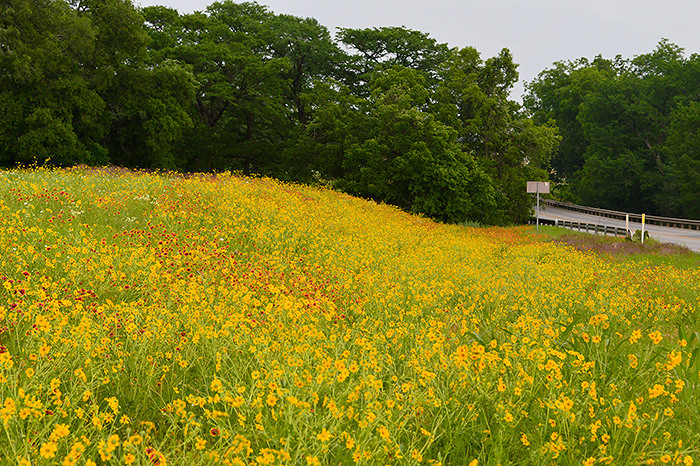Wednesday, September 16, 2015
Roadsides Provide Critical Habitat for Pollinators
"Over the past 18 months, support for pollinators has undergone a seismic shift, led by President Obama, who called for a national Pollinator Task Force in the spring of 2014. Less than a year later, in a book-length "Strategy to Protect the Health of Honey Bees and Other Pollinators," the federal government set ambitious goals that include the restoration or enhancement of 7 million acres of land for pollinator habitat over the next five years. Roadsides will comprise a significant portion of that acreage..."
Read the rest of the article.
Thursday, September 10, 2015
Xenotopias
We lack –we need—a term for those places where one experiences a transition from a known landscape into new country or another world: somewhere we feel and think significantly differently.
I have for some time been imagining such transitions as ‘border crossings’. These borders do not correspond to national boundaries, and papers and documents are unrequired at them. Their traverse is generally unbiddable, and no reliable map exists of their routes and outlines. They exist even in familiar landscapes: there where you cross a certain watershed, treeline or snowline, or enter rain, storm, or mist, or pass from boulder clay onto sand, or chalk onto greenstone.
Such moments are rites of passage that reconfigure local geographies, leaving known places outlandish or quickened, revealing continents within countries.
What might we call such incidents and instances – or, rather, how to describe the lands that are found beyond these frontiers? I suggest the term ‘Xenotopias’, perhaps, meaning ‘foreign places’ or ‘out-of-place places’, a term to complement our ‘utopias’ and our ‘dystopias’.
[A quotation from Robert MacFarlane's The Old Ways]
I have for some time been imagining such transitions as ‘border crossings’. These borders do not correspond to national boundaries, and papers and documents are unrequired at them. Their traverse is generally unbiddable, and no reliable map exists of their routes and outlines. They exist even in familiar landscapes: there where you cross a certain watershed, treeline or snowline, or enter rain, storm, or mist, or pass from boulder clay onto sand, or chalk onto greenstone.
Such moments are rites of passage that reconfigure local geographies, leaving known places outlandish or quickened, revealing continents within countries.
What might we call such incidents and instances – or, rather, how to describe the lands that are found beyond these frontiers? I suggest the term ‘Xenotopias’, perhaps, meaning ‘foreign places’ or ‘out-of-place places’, a term to complement our ‘utopias’ and our ‘dystopias’.
[A quotation from Robert MacFarlane's The Old Ways]
Subscribe to:
Comments (Atom)
